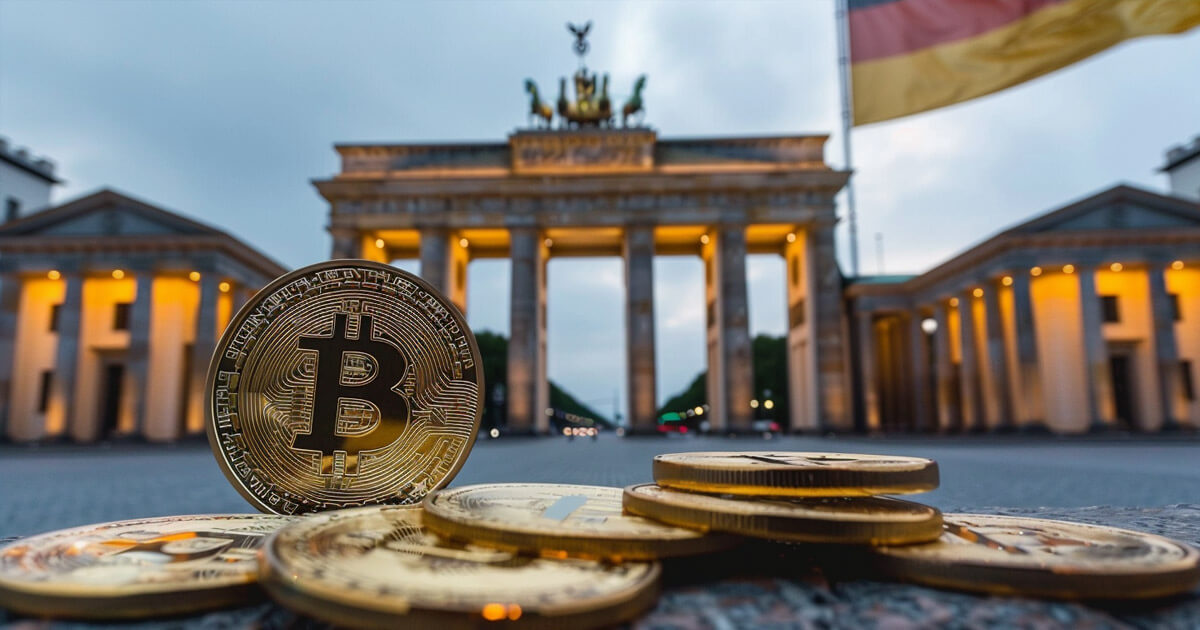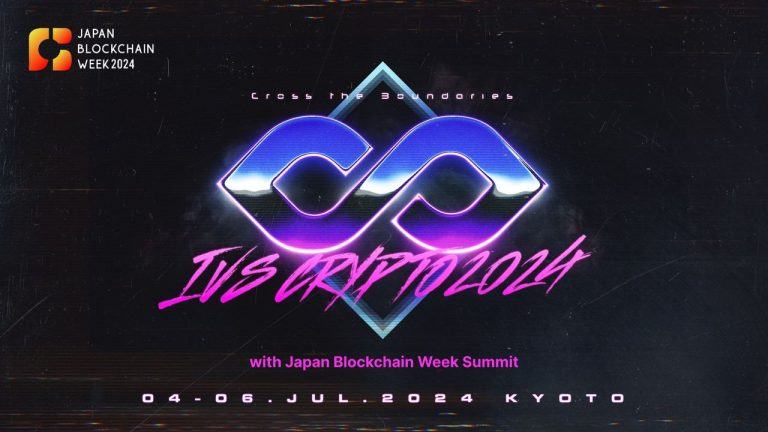How Elon Musk got caught in the EVM cross-fire in India
Less than two weeks after India’s general elections results were announced, with prime minister Narendra Modi securing a third consecutive term, the debate over Electronic Voting Machines (EVMs) has resurfaced.
This time, Tesla founder Elon Musk finds himself caught in the crossfire between the ruling BJP and the opposition over the issue.
The EVM debate in Indian politics
EVMs have long been a point of contention in Indian politics. Opposition leaders frequently argue that EVMs are susceptible to tampering, calling for a return to paper ballots. While the debate intensified in the run-up to the elections, it seemed to subside post-results.
However, the BJP’s reduction to 240 seats, necessitating alliances to form the government, has rejuvenated discussions, especially among the strengthened opposition alliance, INDIA.
Musk’s controversial comment
The controversy began when Musk commented on a post by Robert F. Kennedy Jr., an independent candidate in the U.S. presidential race.
Kennedy highlighted voting irregularities related to EVMs in Puerto Rico’s primary elections and advocated for a return to paper ballots to avoid “electronic interference with elections.” Musk responded,
“We should eliminate electronic voting machines. The risk of being hacked by humans or AI, while small, is still too high.”
Former IT minister confronts Musk
Musk’s statement did not go unnoticed. Rajeev Chandrashekhar, former Indian union minister of state for information technology and electronics, quickly responded. He criticized Musk’s generalization, stating,
“This is a huge sweeping generalization statement that implies no one can build secure digital hardware. Wrong. Elon Musk’s view may apply to the US and other places where they use regular compute platforms to build Internet-connected voting machines. But Indian EVMs are custom-designed, secure, and isolated from any network or media. No connectivity, no Bluetooth, wifi, Internet. There is no way in. Factory programmed controllers that cannot be reprogrammed. Electronic voting machines can be architected and built right as India has done. We would be happy to run a tutorial, Elon.”
Musk’s statement fuels local news reports
Adding fuel to the fire, an Indian news publication, Mid-Day, reported an incident involving an alleged manipulation of an EVM in Maharashtra.
The report claimed a relative of a BJP ally candidate was caught using a phone connected to the EVM to generate an OTP that unlocked the machine.
The candidate won by a slim margin of 48 votes. Although police later denied these claims, the report, combined with Musk’s statement, reignited the debate.
Rahul Gandhi’s reaction
Rahul Gandhi, Congress MP and de-facto chief of the principal opposition party in India, seized the opportunity to criticize the EVM system. Reacting to Musk’s statement and the Mid-Day article, Gandhi said,
EVMs in India are a ‘black box,’ and nobody is allowed to scrutinize them. Serious concerns are being raised about transparency in our electoral process. Democracy ends up becoming a sham and prone to fraud when institutions lack accountability.
The Indian Supreme Court’s stance on EVMs
In a recent ruling, the Indian Supreme Court affirmed the credibility of EVMs and their integration with VVPATs (Voter Verifiable Paper Audit Trails).
The court dismissed petitions seeking 100% verification of votes cast through VVPATs and rejected a return to the ballot paper system, stating, “Blindly distrusting poll process can lead to unwarranted suspicion.”
Implications for the future
Elon Musk’s comments have inadvertently revived a long-standing debate in Indian politics, highlighting the global concerns over electronic voting systems.
While the Indian Supreme Court and former IT Minister Chandrashekhar defend the integrity of Indian EVMs, the opposition continues to question their transparency and reliability.
As India moves forward, the debate over EVMs is likely to persist, reflecting broader concerns about the security and trustworthiness of electronic voting systems worldwide.
For Musk, his involvement underscores the influence of global tech leaders on national political debates, even when their remarks are not directly targeted at a specific country’s electoral process.
Elon Musk’s entry into the EVM debate in India showcases the intersection of technology and politics on a global scale.
As the discourse continues, it remains to be seen how these discussions will shape the future of voting systems in India and beyond.
The episode underscores the importance of securing and maintaining trust in the electoral processes, crucial for the health and stability of democracies worldwide.
The post How Elon Musk got caught in the EVM cross-fire in India appeared first on Invezz






